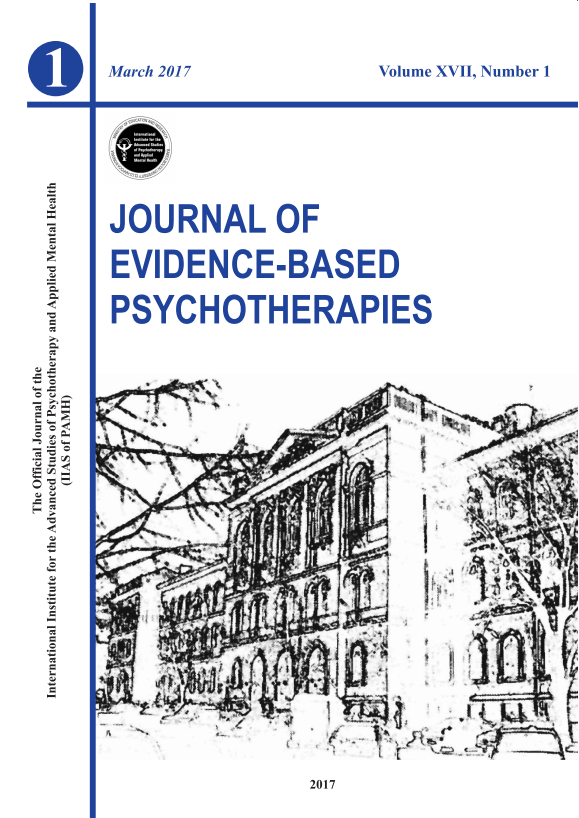Ticu Constantin1, Elena Gabriela Nicuță1, Diana Grădinaru*1
dianagradinaru29@gmail.com
1 Department of Psychology, Faculty of Psychology and Education Sciences, Alexandru Ioan
Cuza University, Toma Cozma 3, 700554 Iasi, Romania.
Abstract
The Personality Inventory for DSM-5 (PID-5) evaluates 25 maladaptive personality traits proposed in the Alternative Model of Personality Disorders. The questionnaire has been extensively investigated and validated in several languages. The current research sought to examine the psychometric properties of the instrument in a sample of nonclinical Romanian participants (N = 1276). Results indicated excellent internal consistency for the domain level, and very good reliability for the facet level. The assumption of unidimensionality was supported at both the domain and facet levels, apart from Risk Taking. Two domain scoring methods were also compared. One of them takes into consideration all the 25 lower order facets, whereas the other uses only 15 facets. Results show that mean differences across the two scoring methods were small, except for Disinhibition. Moreover, confirmatory factor analyses revealed slightly better fit indices for the model which uses 15 facets only. Lastly, the hierarchical structure of maladaptive personality traits was explored. Results are discussed in the light of previous literature.
Please cite this article as: Constantin, T., Nicuță, E. G., & Grădinaru, D. (2021). Psychometric properties of the Personality Inventory for DSM-5 in a Romanian community sample. Journal of Evidence-Based Psychotherapies, 21(1).
DOI:10.24193/jebp.2021.1.1
Published online: 2021/03/01
Published print: 2021/03/01
Keywords: Personality Inventory for DSM-5; maladaptive personality traits; personality disorders; psychometric properties; community sample
